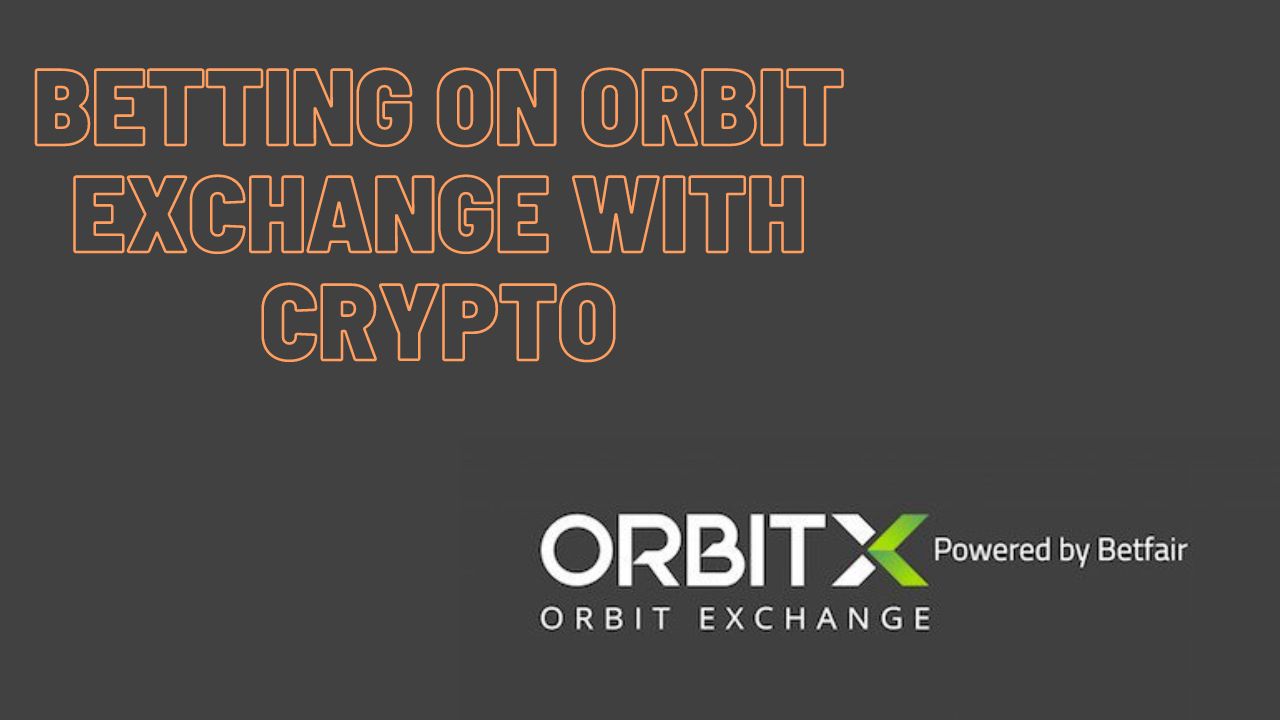Bitcoin Trade
The term “crypto” is typically used to refer to digital assets. It entails purchasing and disposing of cryptocurrencies like Litecoin, Ripple, and Bitcoin with the sole purpose of profiting from short- or long-term price swings. Trading on a cryptocurrency exchange means swapping one coin for another.
Trading cryptocurrencies on an FX market has a significant level of risk because the process tends to fluctuate up and down. High volatility results from holding a cryptocurrency on an FX exchange because leveraged trading entails these risks.
Trading cryptocurrencies entails taking a position on the value of one currency relative to another.
Since the currency is available in pairs and portfolios and you can also trade with fiat money, it is similar to betting. To master the nuances of bitcoin trading before beginning on any platform, it is recommended to start with a demo account.
You have plenty of time to become accustomed to the various financial and trading market waves and speculative information by trading first and foremost using a demo account.
Are Crypto Sportsbooks Prepared for the Major Leagues?
A blockchain-powered sports betting service with audited smart contracts, user-friendly policies, minimal commissions and fees, and a sizable volume is highly anticipated by sports bettors.
Kimkibu earns a living by making sports wagers. His primary trading platform is Betfair, one of the biggest online betting exchanges, where bets can be made using British pounds, US dollars, and other legal tenders. He is based in South Korea.
He started trading on cryptocurrency sites like Polymarket, Degens, and SX Bet last year, mostly because the commissions deducted from profits were less expensive than on Betfair.
Kimkibu declared, “If I find something similar with cheap commissions, I move there.”
Yet only 10% of the trades made by the Istanbul resident are placed at these alternative betting sites. Kimkibu stated, “I wish I could completely switch from Betfair to these sites, but regrettably they don’t have enough traffic.
You can find thousands of people who are similar to Kimkibu if you lurk in any of the more than six Discord or Telegram channels dedicated to sports betting.
These gamblers are eagerly awaiting the launch of the ideal blockchain-powered sports betting service, one with audited smart contracts, user-friendly policies, low commissions and fees, and considerable volume. They are frustrated with existing exchanges’ high costs and lack of innovation.
Whoever provides such a service will receive a substantial reward: Grand View Research predicts that the global sports betting market would increase from $76.75 billion in revenue last year to $182.12 billion in revenue by 2030.
While Kimkibu and other customers wait, new developers are entering the market and conventional betting companies are experimenting with decentralized technologies. Inspectors are present.
Piled deck
The traditional saying in casinos, “The house always wins,” describes how the odds are always stacked against the player. Numerous problems, including account restrictions, payout rejections, a general lack of confidence and sense of injustice, and exorbitant costs for deposits and withdrawals, have been experienced by online betting.
In the realm of traditional sports betting, winners are not usually lavishly compensated. Betfair charges players who win more than 250,000 British pounds a 20% commission, referred to as a premium tax. Additionally, certain centralized sports betting sites maintain the right to set a maximum wager size. Your wager and potential rewards may be limited if you are an excessively successful gambler.
Some believe that blockchain technology can provide all of those issues with decentralized, transparent platforms that let users manage their cash independently of outside meddling. A smart contract, or self-executing software program, controls each transaction. Users wouldn’t have to entrust their money to decentralized prediction markets.
Even though it may appear to be a vice, sports betting may have advantages for those who choose not to partake. Sports markets present traders with an opportunity to put their money where their mouth is, many ways prediction markets for events like elections or the weather do. The potential gains may conceivably inspire those with actual competence to stake their predictions on the outcome of events if these markets grew to be significant and liquid. In turn, this would give the general public a more accurate and trustworthy representation of “expert opinion” than ranting pundits or sportscasters.
A few blockchain add-ons, especially decentralized finance (Defi) activities like yield farming and liquidity support, may help produce enough volume and liquidity to produce high-quality data.
Where to construct
Each day, thousands of transactions include sports betting. Decentralized sports betting exchanges were harmed by high gas costs for on-chain processing.
Peer-to-peer betting market SX Bet, originally known as SportX, debuted in March 2018 and was constructed on Ethereum, the second-largest blockchain. SX has to put a stop to the addition of new betting markets because of activity during the “Defi summer” of 2020 driving up gas prices on Ethereum. Then it switched to Polygon, an Ethereum-complementary network where the fees were reduced. The SX and Polygon teams collaborated to create a blockchain specifically for the sports exchange in May 2021 in an effort to further reduce transaction costs as Polygon fees also started to rise.
All of these initiatives are still searching for a location to call home. Distinct blockchains have different features that can appeal to different markets more. “There will just be experimenting,” said Clay Graubard, founder of the media and information startup Baserate.io and a long-time follower of prediction markets. “Like when we worked out alternative methods to produce energy or communications.”
Some decentralized sports betting protocols, such as Divvy, Aver, and BetDEX, are based on the Solana blockchain, which is renowned for its low transaction costs, speed, and scalability.
The creator of the decentralized betting protocol Divvy, Carlos Liang, stated that gamblers won’t return at all if there is any delay.
The unspoken problem
The obvious challenge for all types of prediction markets, including sports betting exchanges, is getting regulatory approval. Some, like Gnosis, gave it their best shot but fell short, so they changed course and now invest in projects like these.
“We tried to apply for a permit to run prediction markets in Gibraltar. And it took us a while before we gave up,” remarked Stefan George, a co-founder of Gnosis.
Two feet in and two feet out
Some legacy sports betting companies appear to be doubling down on their cryptocurrency aspirations while they keep an eye on the up-and-coming developers in decentralized sports betting projects.
Sports betting firm DraftKings joined the Polygon network as a validator after reaching $44 million in sales on its non-fungible tokens (NFT) marketplace. The ability to accept cryptocurrency payments from clients is referred to as a “win/win” proposition in DraftKings’ open development roadmap. DraftKings stated that it wants to accept cryptocurrency payments from customers.
Stake.com is a step ahead of DraftKings and then some because it only deals in cryptocurrency. Stake.com is an online casino that holds a Curaçao license.
Simply accepting cryptocurrency is insignificant in the eyes of blockchain-based sports betting firms compared to what they are creating. However, the small efforts done by centralized businesses may entice more retail users to Web3 and cryptocurrencies, increasing the size of the pie.
Varun Sudhakar, CEO, and co-founder of BetDEX Labs Inc., believes that any applications created within the ecosystem to target the much wider user base and gradually bring them on are only advantageous to everyone who’s in that.
Orbit Exchange with Cryptocurrency FAQs
- What does the term “Crypto” mean?
Digital assets are frequently referred to as “crypto” assets.
- Is cryptocurrency prepared for major sports leagues?
Sports bettors are eagerly anticipating blockchain-powered sports betting services with audited smart contracts, user-friendly policies, low commissions and fees, and a significant volume.
- What’s the unspoken problem of Orbit Exchange?
Obtaining regulatory clearance is clearly the biggest obstacle for all varieties of prediction markets, including sports betting exchanges. Some, like Gnosis, gave it their all but fell short; as a result, they modified their strategy and now fund initiatives like these.
Read more
Maximizing your betting profit with Orbit Exchange
Advantages of Orbit Exchange in Sports Betting
How to change your password in Orbit Exchange
Cash-out option in Orbit Exchange
Betting with your own odds in Orbit Exchange
Placing Back Bets in Orbit Exchange
Games associated with Orbit Exchange
Sports ideal for Orbit Exchange
What is Orbit Exchange Commission?
Overview of an Orbit Exchange Account
Setting up an Orbit Exchange Account
Introduction to Orbit Exchange Brokers
Important features of Orbit Exchange
How is Cryptocurrency linked with Orbit Exchange?
Role of Commission on Orbit Exchange

